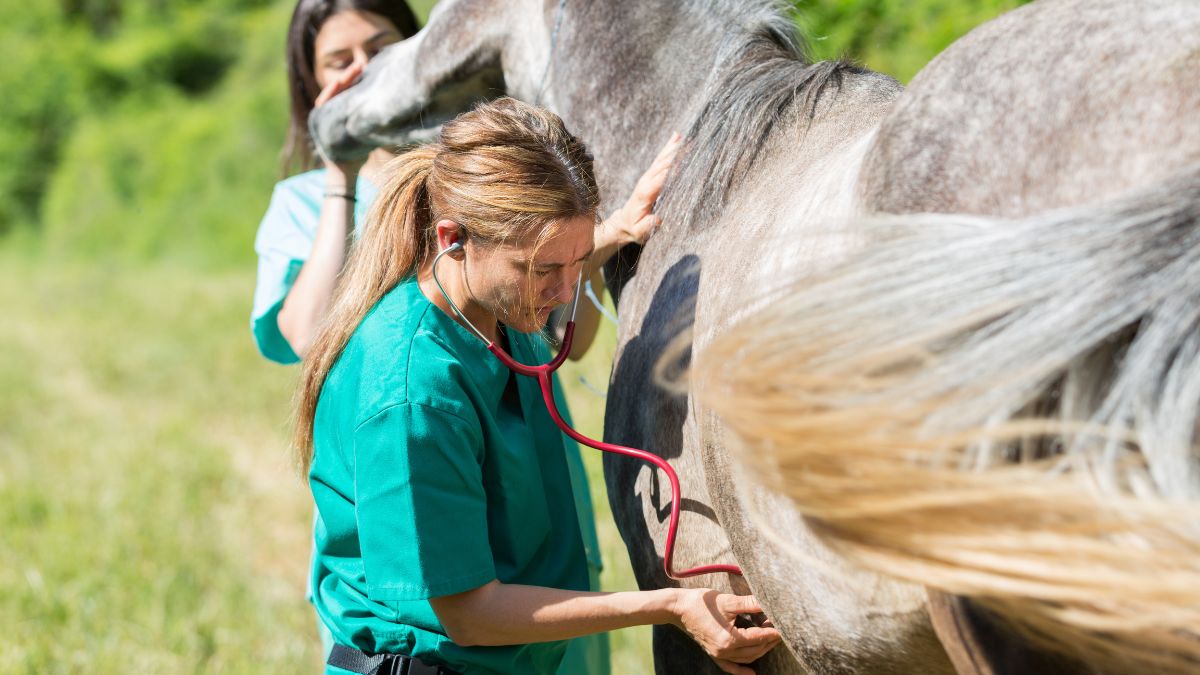Horses are valuable assets, but to most owners, they are so much more than that. They are beloved companions, dependable workers, or trusted partners on the track, polo field, or in the arena. Given the considerable financial and emotional investment owners make, disputes can quickly arise when care or treatment is perceived to be substandard, often resulting in equine negligence claims.
Scott Bailey’s expert litigators specialise in representing both owners and veterinary practices, farriers, or horse trainers. With extensive experience and a proven track record, you can trust our team to provide the highest standard of legal advice and help you resolve disputes as quickly and cost-effectively as possible.
Contact our expert litigators
How do equine negligence disputes arise?

Equine negligence disputes arise when an owner believes, rightly or wrongly, that substandard care, treatment, or examination by a vet, farrier, or horse trainer has led to financial loss.
Equine veterinary disputes are common. Vets can and do make mistakes, from missing a diagnosis or prescribing the wrong medication to providing substandard treatment or post-operative care. Rectifying these mistakes can be costly, particularly for horses. Equine veterinary disputes often arise when a veterinary practice feels it is not at fault or offers less compensation than the owner is willing to accept.
Other sources of disputes include:
- Disagreements over billing.
- Disagreements over whether a vet made the risks of treatment clear, enabling the owner to provide informed consent.
- Horses that present health issues that were not detected during a pre-purchase veterinary examination.
How can equine negligence disputes be resolved?

Equine negligence disputes can be resolved through non-legal processes, such as a veterinary practice, farrier or horse trainer’s internal complaints procedure or a formal investigation by a governing body, such as the Royal College of Veterinary Surgeons (RCVS).
If these options are unsuccessful, alternative dispute resolution or litigation may be necessary.
ADR (Alternative Dispute Resolution)
ADR covers a range of non-court-based dispute resolution processes, including mediation, arbitration, and more. Whilst ADR is not mandatory for all cases, parties are encouraged to consider it as it tends to be quicker and less expensive than going to court.
View our guide: Alternative Dispute Resolution Options
At Scott Bailey, our highly skilled litigation team has extensive experience advising clients on whether ADR is appropriate and guiding them through the process should they choose to proceed.
Litigation
Legal proceedings are sometimes unavoidable. If this is the case, you can trust Scott Bailey’s expert litigators to defend your interests tenaciously through the courts.
In equine veterinary disputes, judgements often depend on whether a vet is guilty of professional negligence, meaning they failed to meet the standard of care expected from a veterinary professional, resulting in harm, loss, injury or damage. If a vet is found to have been negligent or partially negligent, they will be liable for damages covering all or part of the costs resulting from their substandard care.
Similarly, if it is proven that a farrier or horse trainer has not met the standard expected from them as a professional resulting in harm, loss, injury or damage, they will be liable.
Depending on the case’s outcome, the court may order either party to pay the other’s legal costs.
Our lawyers solve problems
like yours every day.
We would like to hear from you. Please send us a message by filling out our form or contact us using the details below.
Phone: 01590 676933
Fax: 01590 679663
Scott Bailey LLP, 63 High Street, Lymington, Hampshire, SO41 9ZT









